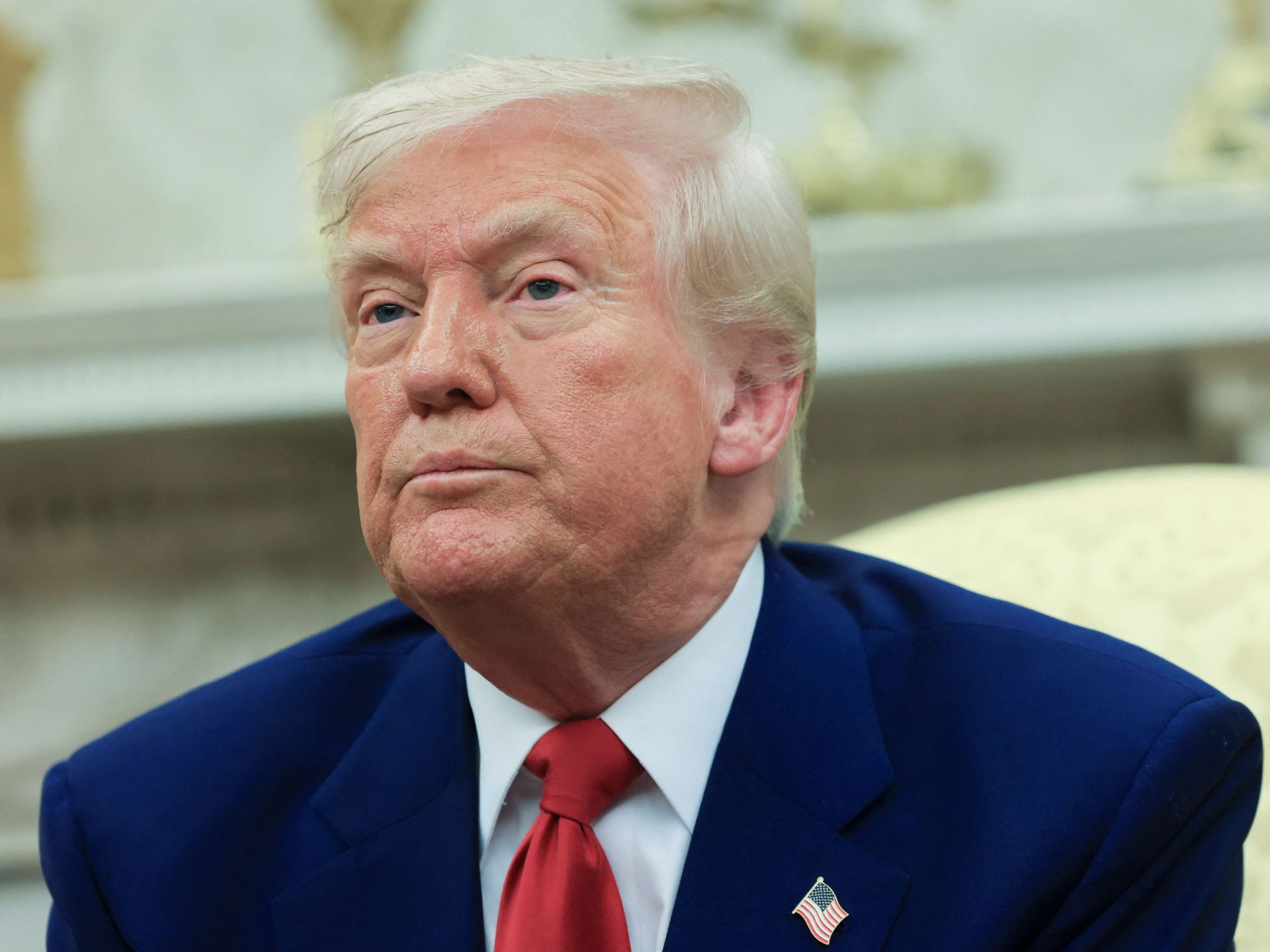On April 2, the United States announced it would implement “reciprocal tariffs” on its trading partners, including a 34 percent tariff on China and rates ranging from 10 to 39 percent on Arab countries like Qatar, Saudi Arabia, Jordan, and Iraq.
The move triggered widespread discontent both around the world and within the US. The so-called “reciprocal tariffs” are unlikely to achieve the stated goal of “rebalancing trade”. Instead, they risk pushing the US economy – and potentially the global economy – into recession.
The imposition of “reciprocal tariffs” by the US poses a serious challenge to the existing international trade and economic order. The US claimed it had suffered losses in international trade and was using “reciprocity” as a justification to raise tariffs. This approach disregards the balance of interests achieved through years of multilateral trade negotiations and ignores the fact that the US has long reaped substantial benefits from international trade.
The so-called “reciprocal tariffs”, determined based on unilateral and subjective assessments, violate World Trade Organization (WTO) rules, severely undermine the legitimate rights and interests of relevant parties, and pose a grave threat to the rules-based multilateral trading system.
The “reciprocal tariffs” are set to undermine the stable functioning of the global economy. According to preliminary estimates by the WTO, the tariff measures introduced by the US since the beginning of this year could lead to an overall contraction of approximately 1 percent in global merchandise trade in 2025 – a significant downward revision from previous forecasts.
The tariff measures implemented by the US threaten the stability of global industrial and supply chains, cast uncertainty over the future of economic globalisation, and could severely disrupt the circulation of the world economy, with the potential to trigger a global economic and financial crisis.
The “reciprocal tariffs” will ultimately backfire. The European Union, Canada, and others have stated their intention to implement countermeasures against the US. The Budget Lab at Yale University has predicted that if other countries enact full tit-for-tat retaliation, US consumer prices will increase by 2.1 percent, while the real gross domestic product (GDP) growth rate will decline by 1 percent.
Currently, consumer confidence in the US is steadily declining, and these “reciprocal tariffs” will further raise household spending on goods, increasing the financial burden on American families. They will also raise manufacturing costs, weaken the competitiveness of US businesses, and eventually push the US economy towards recession.
The trade and tariff wars have no winners. Protectionism leads nowhere. The tariff hikes, made under the pretext of reciprocity, represent a typical act of unilateral bullying that benefits no one.
China firmly rejects this move and will do what is necessary to defend our legitimate rights and interests. We urge the US to stop doing the wrong thing and resolve trade differences with China and other countries through consultation with equality, respect and mutual benefit.
The views expressed in this article are the author’s own and do not necessarily reflect Al Jazeera’s editorial stance.
US “reciprocal tariffs” will ultimately backfire | Business and Economy




